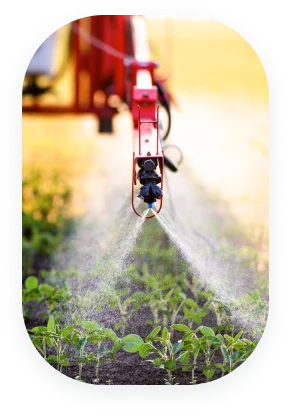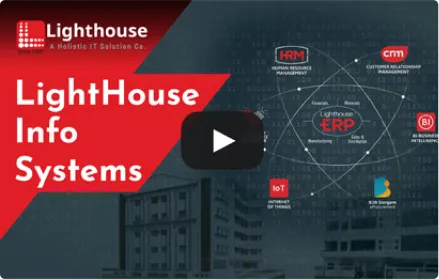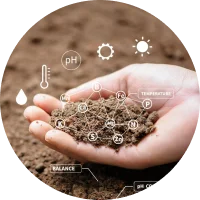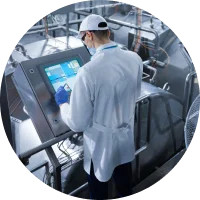
ERP software for the Chemicals Industry
The chemicals, pesticides, and fertilizers industry operates within highly sensitive, compliance-driven environments where product safety, regulatory adherence, and process accuracy are mission-critical. With the constant handling of hazardous materials, toxic substances, and reactive compounds, even the smallest operational error can lead to major quality deviations, safety risks, or non-compliance. From formulation management to batch-wise traceability, every step in the production process demands precise monitoring and thorough documentation.
Implementing a specialized ERP solution for chemical manufacturing enables companies to streamline complex operations, ensure regulatory compliance (REACH, GHS, FCO, etc.), and maintain consistency in both product quality and documentation. Through integrated ERP modules for production planning, inventory control, quality management, and compliance reporting, a tailored ERP platform becomes the backbone of safe and efficient chemical operations.
In the pesticide and fertilizer segment, such software further supports nutrient blending accuracy, warehouse optimization, and smooth coordination across procurement, manufacturing, and distribution channels. By digitizing core workflows and connecting every department through a centralized system, a chemical industry Manufacturing ERP system helps manufacturers reduce operational risks, control costs, improve batch visibility, and stay competitive in a tightly regulated global market.























